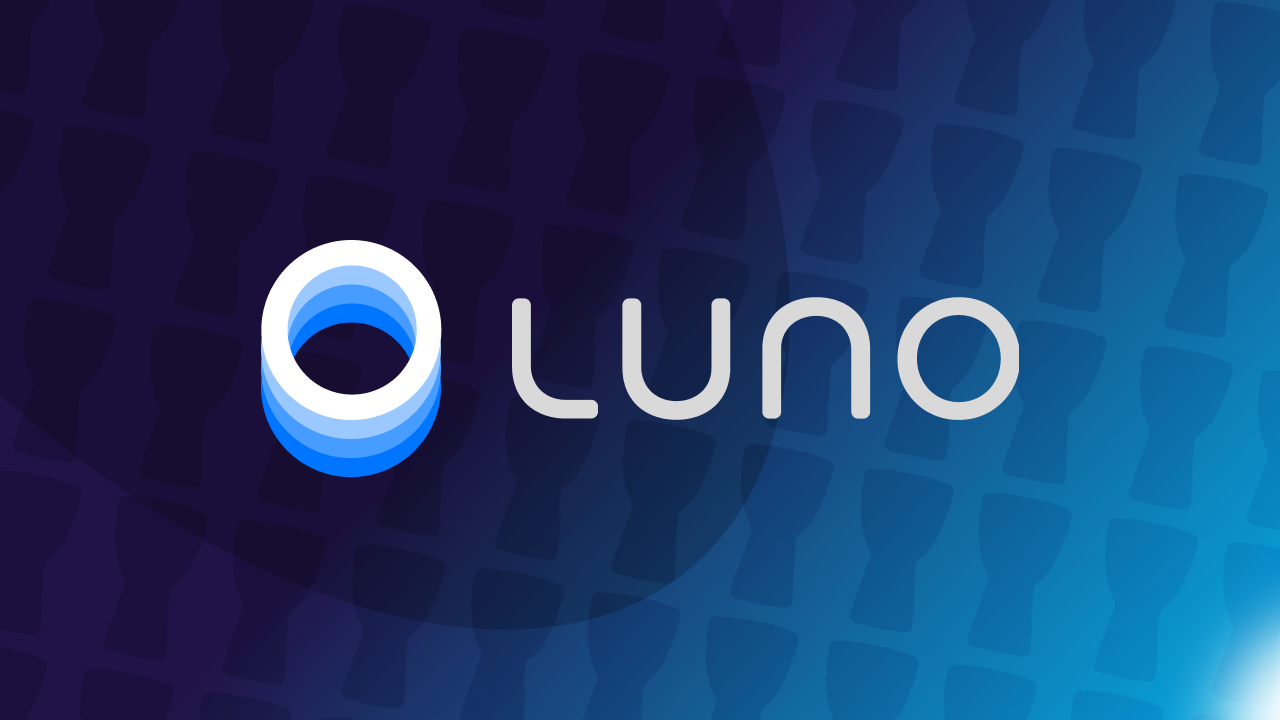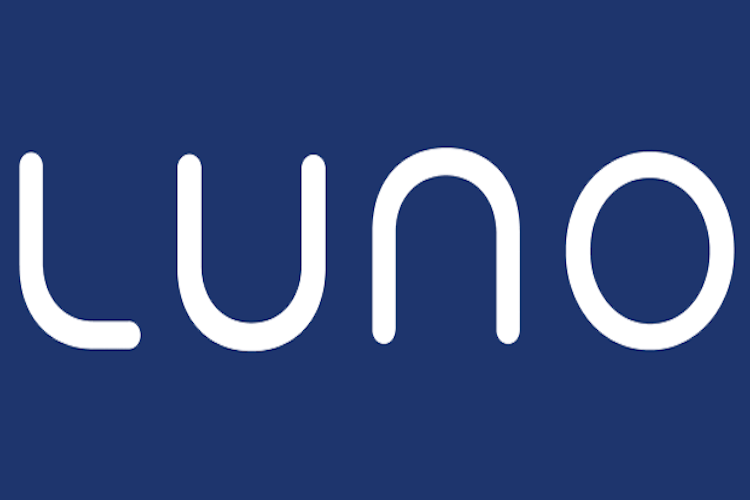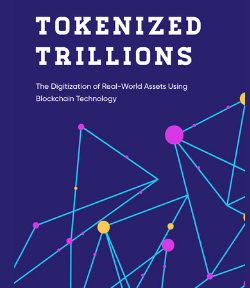
Luno Exchange – Review
Back in 2013, an exchange called BitX was launched, before later being rebranded as Luno in 2016. Co-founder
Back in 2013, an exchange called BitX was launched, before later being rebranded as Luno in 2016. Co-founder and CEO, Marcus Swanepoel, was behind much of the successful growth of the company, which now boasts over 200 employees and 5 million users in over 40 countries. Luno is headquartered in London, but you will also find important regional hubs in Cape Town and Singapore. The company has raised more than $13m in funding, with backers such as Naspers Group, Balderton Capital, Ventura Capital, and Digital Currency Group which recently acquired Luno.
The Positives
So, what is Luno doing really well?
- Luno is supporting users on multiple fronts, offering services for trading, brokerage, a crypto-wallet, and an API for developers
- The UX/UI is really simple, clean, and user-friendly, in fact, the site, the app, the wallet, their written content, and every interaction with Luno will involve some beautiful aesthetic design
- They offer services for different fiat currencies, such as GBP, EUR, ZAR, NGN, and MYR allowing users to buy and sell crypto directly from and to fiat
- In October 2020, they released the Luno BTC Savings Wallet, which offers a targeted rate of 4% interest per annum and allows users to compound their interest and grow their savings over the years
- Security levels are high, with 95% of the exchange’s crypto stored in deep freeze multi-signature wallets
- Luno has waived all deposit fees for EUR and it costs just €0.30 to withdraw EUR too
- The brokerage fee is low, but it’s hard to put an exact number on it, and whilst this could be seen as a positive or negative, we think it’s a good thing. Different countries and purchase sizes will experience different fees based on Luno’s algorithm
- As of October 2020, Luno is yet to experience a hack, giving a great signal of their security protocols

The Negatives
Nobody is perfect:
- Luno is small, compared to the ‘household’ names of Binance, Coinbase, Huobi, and OKEx, handling in 7 years what some exchanges process in a day or two
- The exchange offers fewer market pairs, reduced liquidity, and fewer cryptocurrencies on offer to buy for fiat
- Being a centralized platform, your crypto and keys are held by Luno and you will struggle to access the keys if needed
- If using Luno’s instant buy feature, the order limit is €8,000 per order in the UK
- Customer service has some poor reviews, with email support being the basic service and many users complaining of locked accounts and funds
Which cryptocurrencies can you find on Luno?
The exchange is small, and as such, they offer just:
- Bitcoin
- Bitcoin Cash
- Ethereum
- Litecoin
- Ripple
Whilst these are just a few of the major coins, Luno is advantageous to a number of countries where crypto-trading is more difficult or less common, as they accept the following fiat currencies for deposit:
- Euros
- Indonesian Rupiah
- Malaysian Ringgit
- South African Rand
- Nigerian Naira
- Polish Złoty
- Zambian Kwacha
- British Pound
- Ugandan Shilling
Some information about fees
Luno’s fees are quite different to other crypto-platforms, in that they charge nothing to makers, and charge anything from 0.25-1% for takers on each transaction.
There are deposit fees for certain currencies and methods, but as mentioned in the positives section, there’s no deposit fee for EUR and a very small fee for withdrawals. Other currency withdrawals may incur a fee as large as 5%.
The complicated system for fees is explained in this series of charts.
If that’s not confusing enough, their system also limits people based on their verification levels.
- Level 0 – email verificaiton : deposits and withdrawals not permitted
- Level 1 – phone verification – deposits and withdrawals up to €1,000, with no more permitted until level 2 is activated
- Level 2 – ID verification – deposits and withdrawals up to €5,000 per month
- Level 3 – Proof of residence – deposits and withdrawals up to €100,000 per month
The final say
For traders looking to work with the major coins, on a small platform that is aesthetically pleasing, operating in African and Asian markets, and that has high levels of security, then Luno is ideal. However, if you’re a big trader, dealing in large amounts and placing great importance on liquidity, then Luno might not be the best place for you. Luno has found their niche in emerging markets which are often ignored or overlooked by major exchanges, yet, at the same time, these emerging markets may suffer the most from their dynamic fee system.







